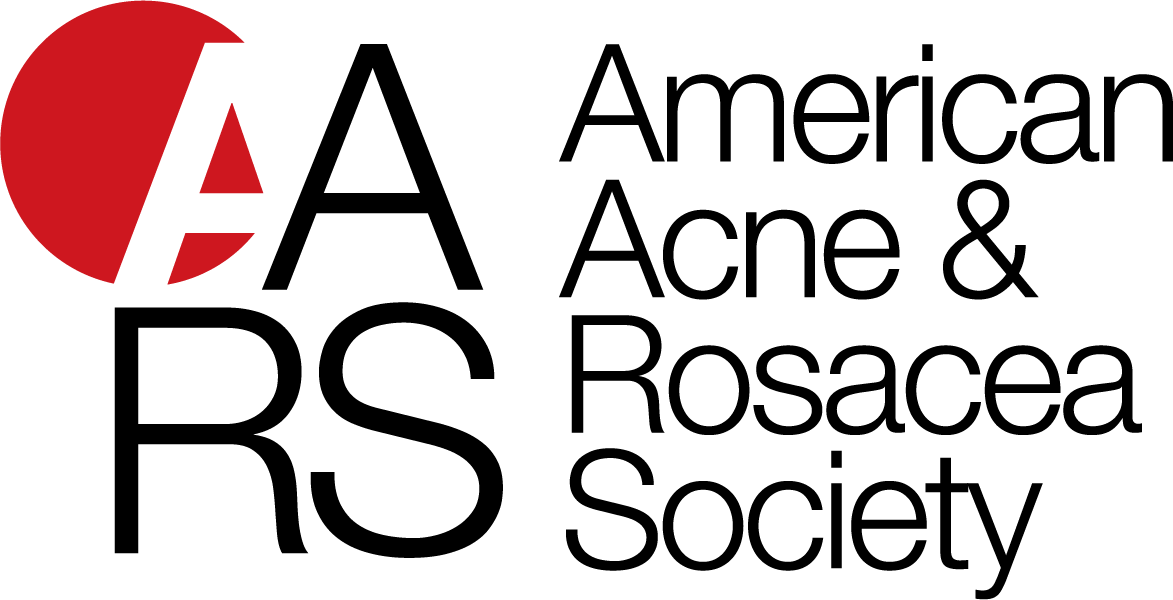Emily Stevenson, MD
University of Colorado
Denver, CO
2018 Clinical Research Grant Recipient
Examining the Association between Acne and Levonorgestrel-containing Intrauterine Device
Abstract
Intrauterine devices (IUDs) are an increasingly popular method of birth control in the United States (US). Hormonal IUDs contain a progesterone hormone medication, levonorgestrel (LNG), in varying doses from 13.5 to 52 milligrams (mg). The medication is released directly into the uterine cavity, thus theoretically reducing the level of systemic hormone exposure. Despite this proposed mechanism of action, there have been many reports of systemic hormonal side effects with the LNG-IUD including weight gain, breast tenderness, hirsutism, depression and other mood changes, nausea, greasy hair and skin and acne. There is a lack of focused research on LNG-IUD effects on acne, particularly when considering the impact of the patient’s prior contraception method. This study aims to see if a worsening in acne is seen after patients receive the LNG-IUD for contraception. Oral contraceptives that contain estrogen and other estrogen-containing methods of birth control have a known impact on acne. It is unclear if women who receive the levonorgestrel intrauterine device have worsening of their acne because they have stopped using an estrogen-containing birth control or if the LNG-IUD may directly worsen acne. We will compare two groups of women who receive a LNG-IUD from their gynecologist by watching how their acne changes over 6 months. If the women who were not on estrogen containing birth control prior to the levonorgestrel intrauterine device have worsening of their acne, then this may be an effect of the levonorgestrel intrauterine device. Our study plans to follow patients after placement of the LNG-IUD (52 mg strength) at three time points – 0, 12, and 24 weeks – to evaluate if there is an association between the IUD and acne severity. Patients will be recruited at their office visit to have the LNG-IUD placed. There will be no intervention or procedure done for the purpose of this study. Our study design will allow patients to upload photographs directly to their medical chart by using the My Health Connection webpage or phone application. Dermatology providers will then evaluate the photographs uploaded by the patient and assign the group of photographs a single score based on the Acne Global Severity Score for each time point at 0, 12 and 24 weeks. For this study, we hypothesize that initiation of the LNG-IUD will cause acne to worsen. Given that estrogen-containing contraceptive methods are known to improve acne, we expect that the cohort of women in this study switching from an estrogen-containing contraceptive method to an LNG-IUD will have an increased worsening in acne as compared to the cohort of women not switching from an estrogen-containing contraceptive method. In both dermatology and gynecology departments, patients frequently want to know how their contraceptive method will impact their acne severity. Currently, there is no data available in the literature to provide insight into this question for patients wanting an LNG-IUD.



